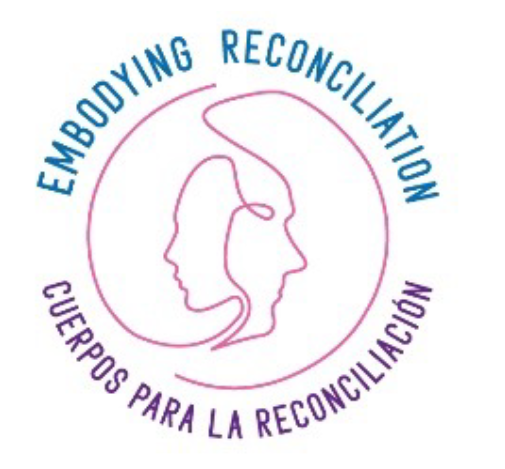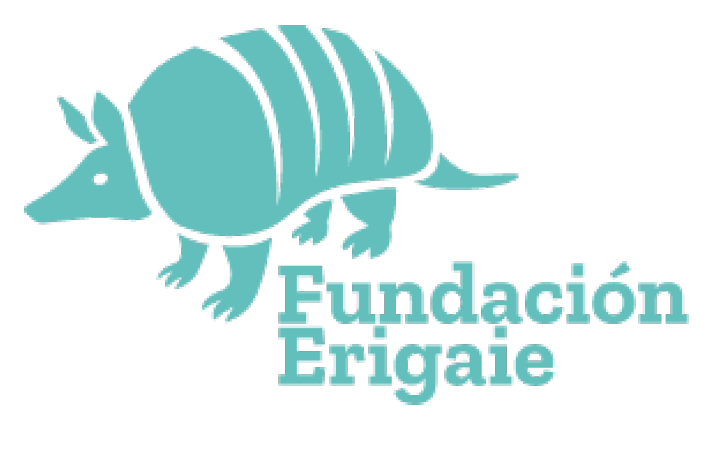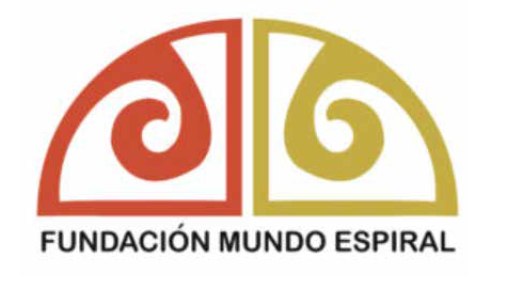Accredited NGOs located in this country
The list of accredited NGOs is presented below, along with corresponding accreditation forms. You can search the list using the criteria provided on the right.
| 6 organizations or institutions match your query. | |
| Name, address and source | Accreditation |
|---|---|
 Asociación Teje Teje Asociación Teje TejeTeje Teje [en] Cra. 2# 29-144 apartment 601 Edificio Casa del Mar Playa Salguero Santa Marta Colombia URL: https://www.tejeteje.org Tel.: 575 42 20 520 |
Next report due 2027
DetailsDownload brochureRenewed in 2023 (Activity report: English) Accredited in 2018 (Request: English/Spanish) - No. 90368 Decision-making meeting: 7.GA - 2018 |
| Corporacion Cinemateca Municipal de Valledupar Cinemateca Vallenata Valledupar Municipal Cinematheque Corporation Cinemateca Vallenata [en] Street 16 N 6-17 20221 Valledupar - Cesar Colombia Tel.: 311 6778756 |
Next report due 2029
DetailsAccredited in 2024 (Request: soon available) - No. 90592 Decision-making meeting: 10.GA - 2024 |
 Corporación Embodying Reconciliation - Cuerpos para la Reconciliación Corporación Embodying Reconciliation - Cuerpos para la ReconciliaciónEmbodying Reconciliation [en] Carrera 21 # 39b-25 Apto 202. 111311 Bogotá Colombia URL: https://embodyingreconciliation.com/site/ Tel.: (+57) 314 4234371/(+57) 320 3187881 |
Next report due 2027
DetailsDownload brochureAccredited in 2022 (Request: English/Spanish) - No. 90488 Decision-making meeting: 9.GA - 2022 |
| Corporación Huiltur - CorpoHuiltur Huiltur Corporation [en] 410010 Neiva, Colombia - Carrera 9 #5-45 Ap 402 Colombia URL: https://corpohuiltur.wixsite.com/corporacionhuiltur Tel.: +573115959588 |
Next report due 2029
DetailsAccredited in 2024 (Request: soon available) - No. 90576 Decision-making meeting: 10.GA - 2024 |
 Fundación Erigaie Fundación ErigaieErigaie Foundation [en] Calle 10 No 3-76. La Candelaria Centro Bogotá Colombia URL: https://www.erigaie.org URL: https://www.herenciacultural.org Tel.: (571) 2865462 |
Next report due 2027
DetailsDownload brochureRenewed in 2023 (Activity report: English) Accredited in 2010 (Request: English) - No. 90155 Decision-making meeting: 3.GA - 2010 |
 Fundación Mundo Espiral Fundación Mundo EspiralMundo Espiral Foundation [en] Carrera 32 Número 16 - 41 Edificio Torre 32 - 402 Colombia URL: https://fundacionmundoespiral.blogspot.com Tel.: +57-2-7375740 |
Next report due 2027
DetailsDownload brochureAccredited in 2022 (Request: English) - No. 90485 Decision-making meeting: 9.GA - 2022 |